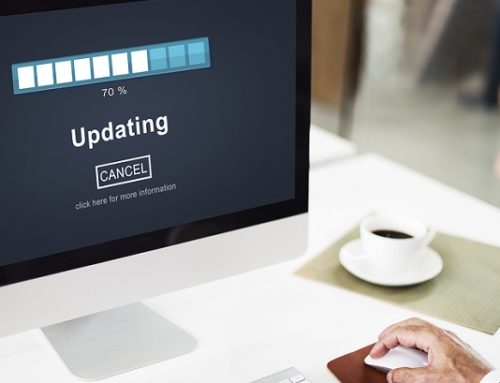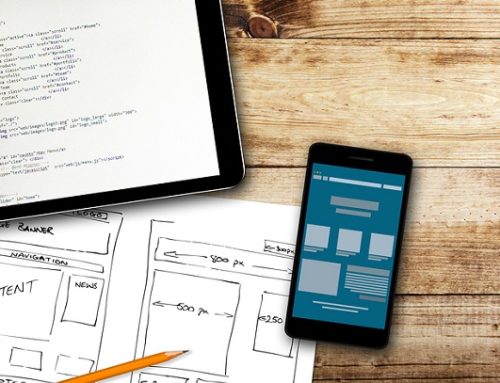Developing a website design that is fast, functional, and fabulous is quite an undertaking for website designers.
Many times you might get the functional and fabulous; however, if you’re lacking the fast part, your functional and fabulous may not perform as well for you as you think it should - slow is just not an option.
Website speed matters, so it’s important to regularly test your sites to see just how fast or slow they are performing.
Fortunately, it couldn’t be easier for you or your website design service to test your site and find bottlenecks that are slowing down your website's loading speed results.
How Can You Test Your Website Speed?
Determining how fast your website design is loading pages sounds complicated; however, it’s actually pretty simple.
All you need to do is go to a new browser window, type in the URL of one of your web pages, and track load time with a watch or stopwatch app.
Even easier, just go to one of the many tools that website designers use to measure page load speed and paste in your URL, then watch it go.
Some of the most popular free site speed tests will test the speed of your page and analyze it, providing tips on what might be slowing it down and what you can do to fix it.
- Google’s PageSpeed Insights
- YSlow
- Pingdom
- GTMetrics
You’ve Tested Your Web Design Speed - Now What?
Learning which pages on your website are moving slowly is the first recommendation that website design services suggest for correcting a number of performance and SEO issues.
Once you have done that, look carefully at the analytical information provided by these programs.
You should be able to see explanations of page factors that could be slowing your site down as well as metrics that could indicate specific problems.
Take that information and use it to improve your website loading speed.
Optimizing for Better Website Speed
How fast your website design functions is a critical detail that can affect everything from your bounceback rate to how many sales you make.
To improve these factors as well as your SEO results, website designers should first optimize your pages for speed by tending to any issues pointed out in the reports gathered from the different speed test sites.
Then you should optimize with clean code, optimized images and JavaScript, optimized page format, resolve 404 errors, and remove redirects wherever possible.
You should also check to make sure it’s not a plugin or some other application on your site that is slowing things down.
For a mobile website, think about implementing AMPs& or Accelerated Mobile Pages which exist specifically for keeping mobile websites fast.
Ready to Regain That Speed?
When you resolve the issues causing your website design to function too slowly, you will be rewarded with better SEO results, better UX, improved website performance, and an increase in conversions.
Using these and other tools used by website design services, you can be certain that your site always performs its best.
Gain speed to have the fast, functional, and fabulous website that will accomplish all your business goals!






